When it comes to your home, unexpected damage can create significant stress. Whether you're dealing with a fallen tree, fire, or flooding, navigating insurance responsibilities can be daunting. Understanding how homeowners insurance interacts with property boundaries is essential for ensuring you're financially safeguarded in these scenarios. Today, we'll address some of the common questions regarding property line disputes and homeowners insurance.
Fire Damage from a Neighbor's Property
Fire damage originating from a neighboring property can be a significant concern. Generally, your homeowners insurance will cover such damage if it spreads to your property. If the fire was caused by negligence, such as an unattended candle or faulty wiring, your insurance provider might pursue reimbursement from the responsible party’s insurance.
Tree Damage Responsibility
One common concern is when a neighbor's tree falls onto your home. If the fall is due to a storm, typically, your own insurance will cover the damage. However, if the tree was dead or in poor condition and your neighbor knew of the risk, their insurance might shoulder the responsibility.
Flooding from a Neighbor’s Property
Flooding presents its own set of challenges, particularly if it's caused by poor drainage, malfunctioning downspouts, or landscaping changes by neighbors. Demonstrating negligence can be difficult. Homeowners insurance usually doesn't cover flooding, so obtaining a separate flood insurance policy is often necessary to avoid financial strain.
Shared Fence Repair Costs
Storms that damage shared fences require a cooperative approach. Normally, repair costs are split between both homeowners. However, if it’s determined that one homeowner's actions directly caused the damage, they might be solely responsible for the repair expenses.
The Insurance Claims Process
When damage occurs due to a neighbor’s actions, understanding the claims process is vital. Insurers may engage in subrogation, whereby they seek reimbursement from the responsible party's insurer if negligence is proven. In cases where negligence isn't established, your policy typically covers the damages, without involving the neighbor's insurance.
Reviewing your policy and considering additional coverage options, such as flood insurance, can enhance your protection. Consulting with an insurance professional can provide clarity on your coverage details and contribute to your peace of mind.






